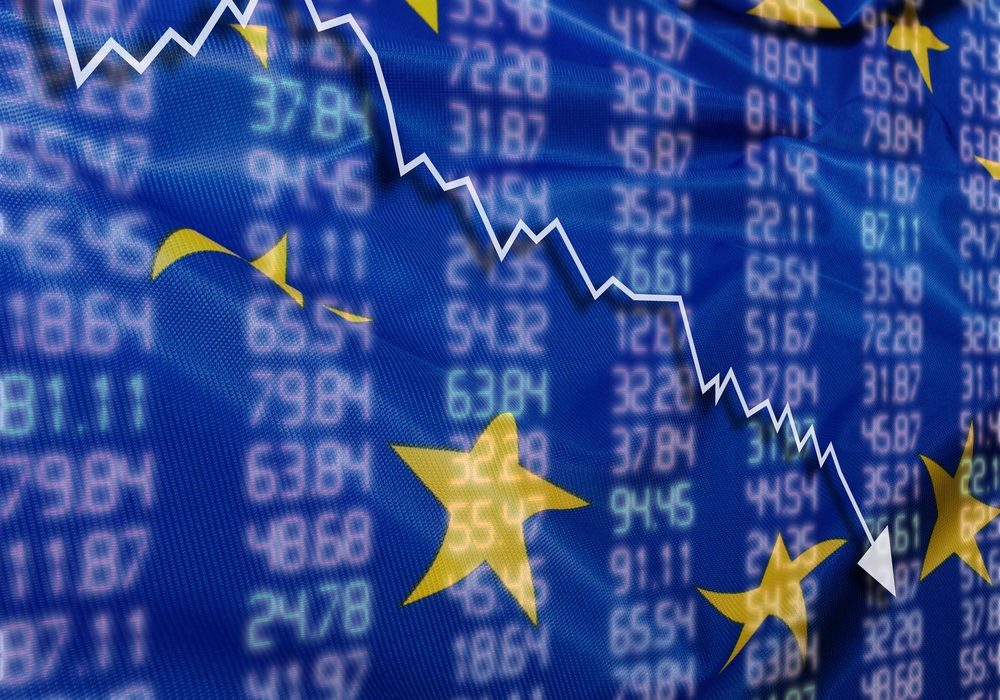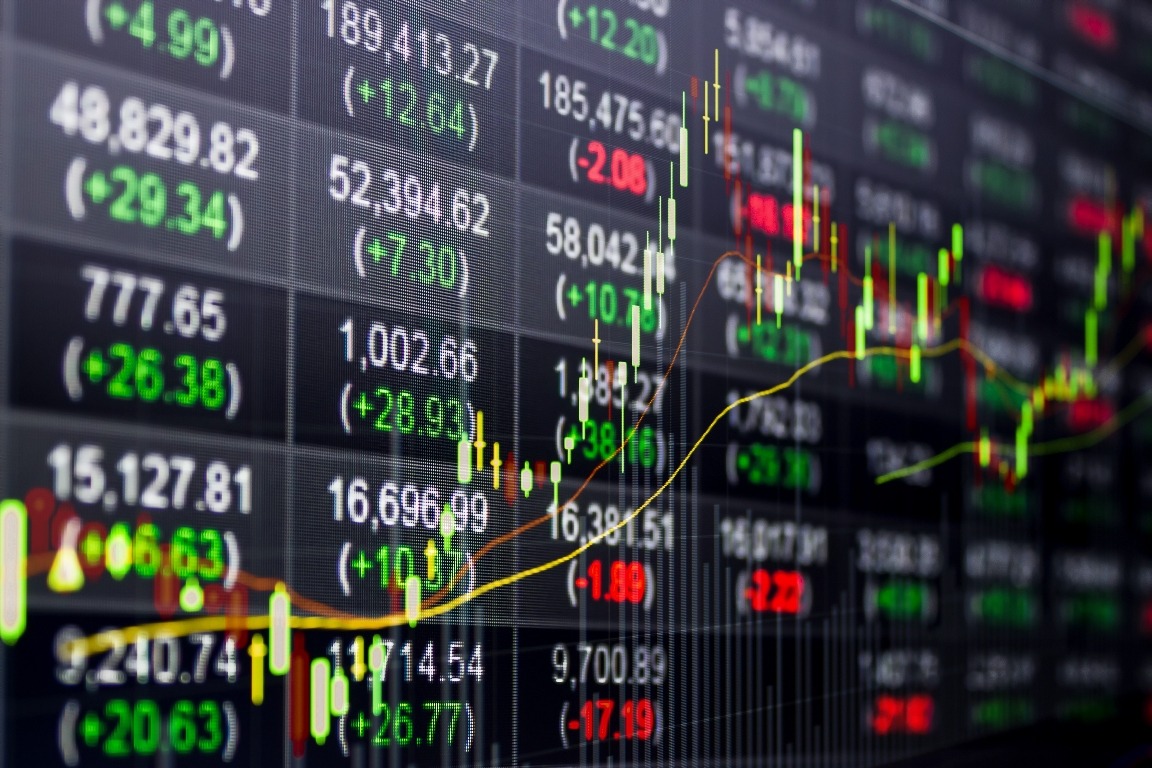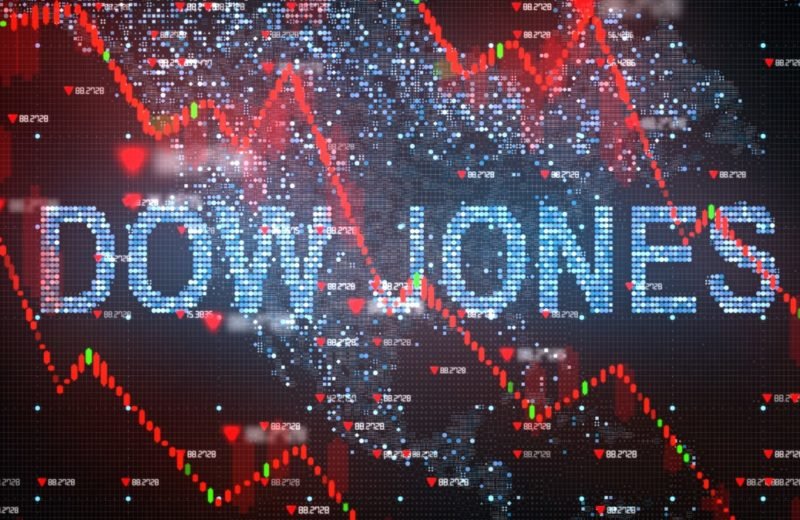European stocks fell sharply on Monday as global markets closely followed developments in the Russia-Ukraine crisis. The pan-European Stoxx 600 fell 1.7 percent in early trade; it was led by banks, which fell 5.7 percent on the back of new sanctions. Almost all sectors and major bourses fell into negative territory. Moreover, utilities outperformed the market by increasing by 1%.
The Russian incursion into Ukraine has continued over the weekend. Russian military vehicles have entered Kharkiv, Ukraine’s second-largest city, with reports of fighting and residents being advised to seek shelter.
Hence, this caused more sanctions against Russia in response to its invasion of Ukraine, with the United States, Europe, and Canada agreeing on Saturday to delist key Russian banks from the SWIFT interbank messaging system.
On Sunday, Russian President Vladimir Putin activated his country’s nuclear deterrence forces in response to a growing global backlash against the invasion. Ukraine’s Defense Ministry stated that representatives from Ukraine and Russia have agreed to meet “without preconditions” on the Ukraine-Belarus border.
Stock futures in the United States fell in overnight trading on Sunday as investors became concerned about the economic consequences of the Russia-Ukraine crisis. Hence, on Monday, Asia-Pacific stocks were mostly higher.
Oil futures were up more than 4% on Monday morning, while the Russian ruble was down around 29% against the dollar. Markets assessed the impact of sanctions on Russia.
Russian-Exposed Stocks Are Falling
The conflict heavily influenced individual share price movement on Monday.
Following the German government’s decision to increase defense spending, defense companies rallied strongly in early trade. Rheinmetall led the way with a 28 percent gain. BAE Systems, Leonardo, and Thales all saw double-digit gains.
Polymetal International fell more than 48 percent to the bottom of the European blue-chip index as the Anglo-Russian miner plummeted due to its Russian exposure. Nokian Tyres, based in Finland, fell 21%.
The Asian region is unlikely to suffer direct consequences from the Ukraine conflict; however, higher energy prices are likely to be disastrous, particularly for oil-importing countries such as Japan.
Japan has joined the West in sanctioning Russia, joining the international effort to block some Russian banks from using the global SWIFT payment system. Japan’s Prime Minister, Fumio Kishida, has also stated that the country intends to freeze Putin’s assets.
Since Russia invaded Ukraine last week, global stock markets have been volatile. Stocks have swung wildly as investors speculate on how much Russia’s invasion will raise inflation; oil and natural gas prices, and weigh on the global economy.
















